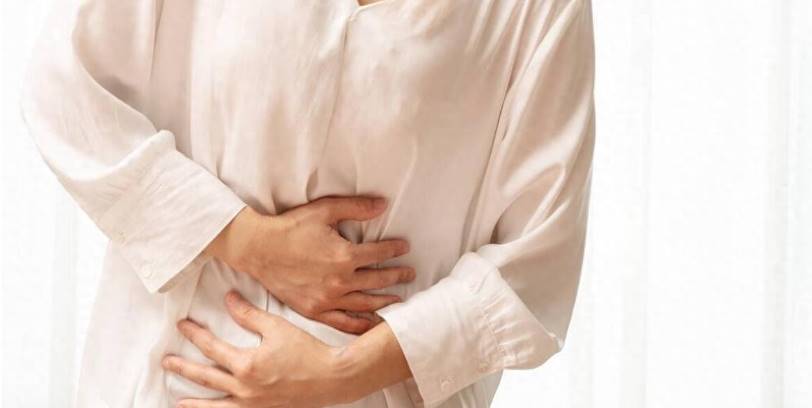
1. Mucus Stool: Colonic polyps can cause the presence of mucus in the stool. Normally, healthy individuals have smooth, long, brownish stools without mucus.
However, polyps and inflammation can cause mucus secretion, leading to stools consistently containing mucus. This can be accompanied by occasional diarrhea and abdominal pain.

2. Rectal Bleeding: In severe cases, colonic polyps may result in rectal bleeding during bowel movements.
The bleeding is usually small and intermittent, sometimes covered by the stool. Bright red blood on the stool surface is a common sign. It is important to distinguish this from hemorrhoids.




















